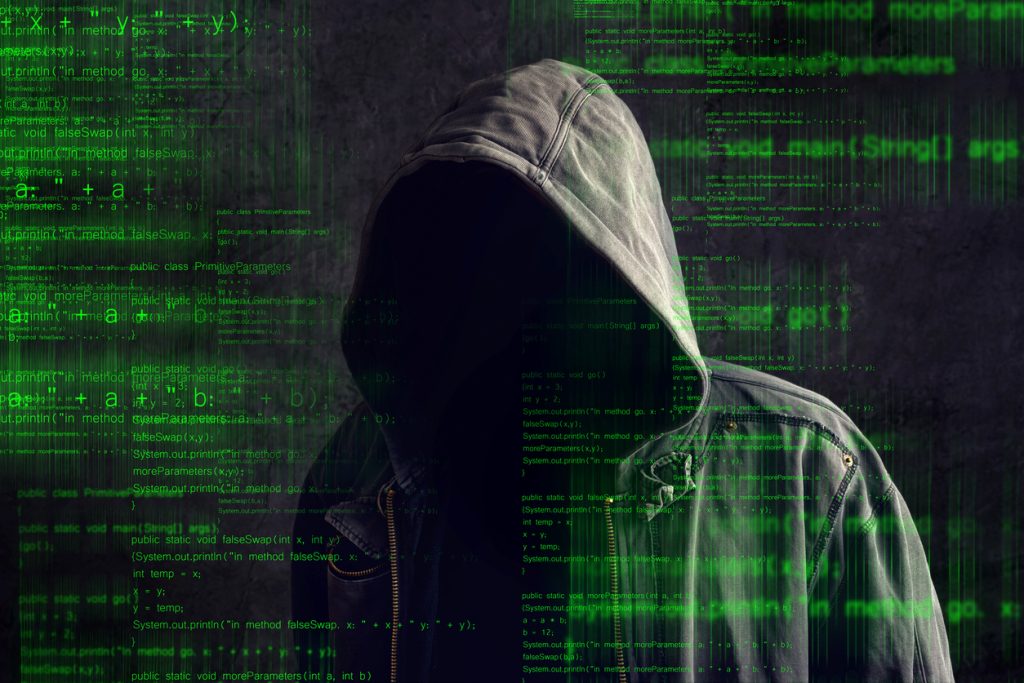Dark Web – A Privacy-Centric Hub for Digital Rights and Security
The Dark Web, often shrouded in mystery and misconception, stands as a crucial element in the landscape of digital privacy and security. Contrary to its portrayal as a realm of illicit activity, the Dark Web serves as a sanctuary for privacy advocates, journalists, and individuals seeking to safeguard their digital rights in an increasingly surveyed world. At its core, the Dark Web operates on encrypted networks that are not indexed by traditional search engines, providing a level of anonymity and protection that is increasingly vital in our data-driven society. One of the Dark Web’s most significant contributions is its role in preserving freedom of expression and protecting whistleblowers. In countries where censorship and government surveillance are rampant, the Dark Web offers a crucial platform for dissenting voices and investigative journalism. Platforms like Tor, which facilitate access to the Dark Web, enable users to communicate and share information without fear of retaliation or exposure. This anonymity is particularly valuable for journalists and activists working in oppressive regimes where their safety and freedom could be jeopardized by their online activities.

Moreover, the uncensored hidden wiki Dark Web is instrumental in protecting intellectual property rights and privacy for individuals who are wary of pervasive data collection practices. With the rise of data breaches and unauthorized data sharing, many individuals turn to the Dark Web to seek out secure communication channels and encrypted services that help maintain their privacy. In this regard, the Dark Web acts as a counterbalance to the vast data collection efforts of corporations and governments, offering a space where individuals can control their personal information and communications. The Dark Web also provides a platform for the development and dissemination of privacy-enhancing technologies. Innovations that emerge from this sphere often contribute to broader discussions about digital rights and cyber security. For instance, the advancements in encryption and anonymity technologies that are pioneered on the Dark Web can find applications in mainstream digital security solutions, benefiting users worldwide.
However, it is essential to acknowledge that the Dark Web’s reputation is not without reason. While it offers significant advantages in terms of privacy and security, it can also be a breeding ground for illicit activities. The challenge lies in balancing the benefits of enhanced privacy with the potential risks associated with its misuse. By fostering informed discussions about the ethical use of Dark Web technologies and promoting robust legal frameworks, society can harness the positive aspects of this unique digital space while mitigating its risks. In conclusion, the Dark Web represents a privacy-centric hub that plays a pivotal role in defending digital rights and advancing security in our interconnected world. By offering a haven for free expression, protecting personal information, and driving innovation in privacy technologies, it underscores the need for a nuanced understanding of its contributions to the digital landscape.

